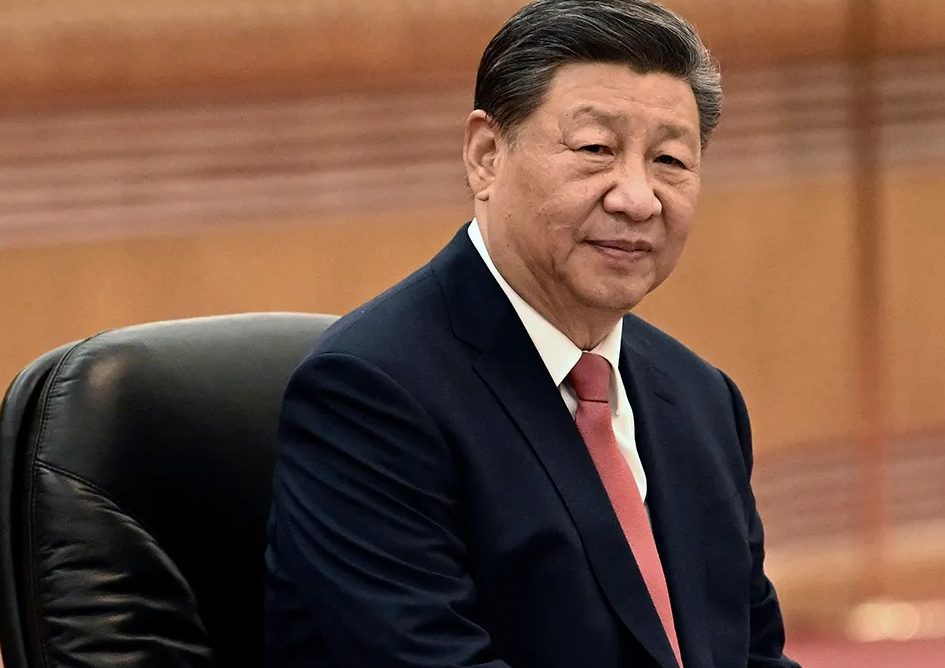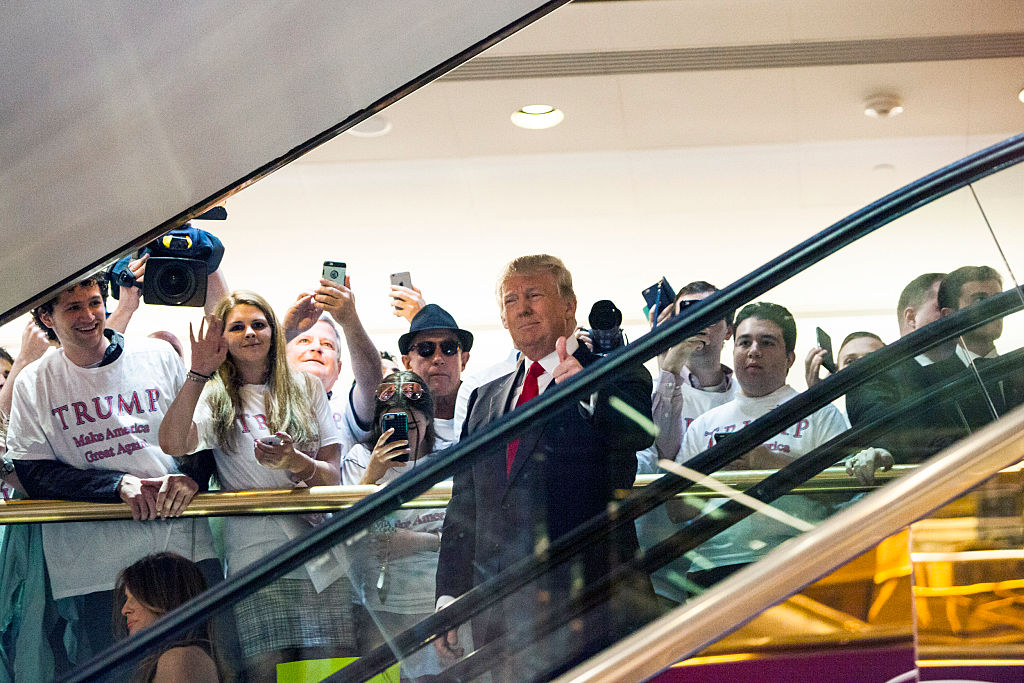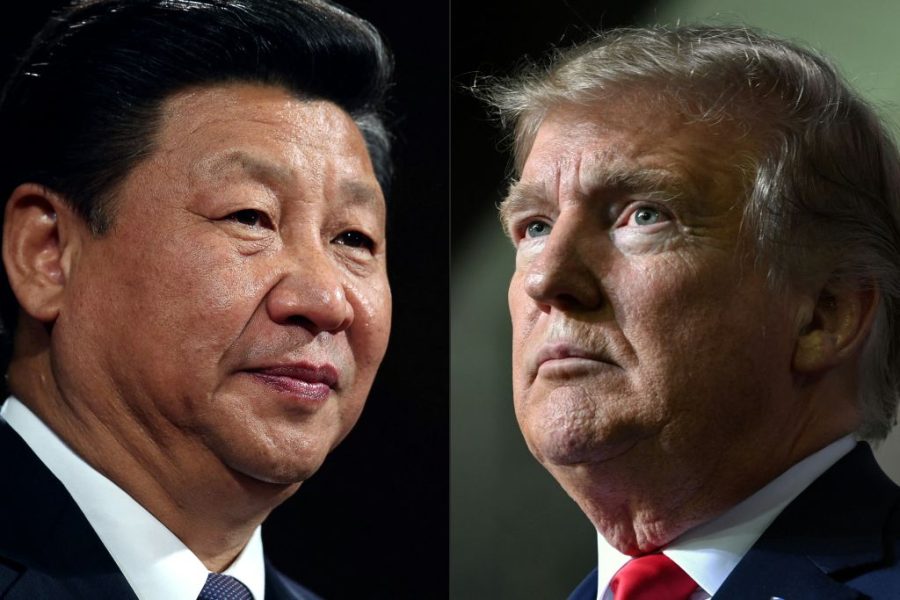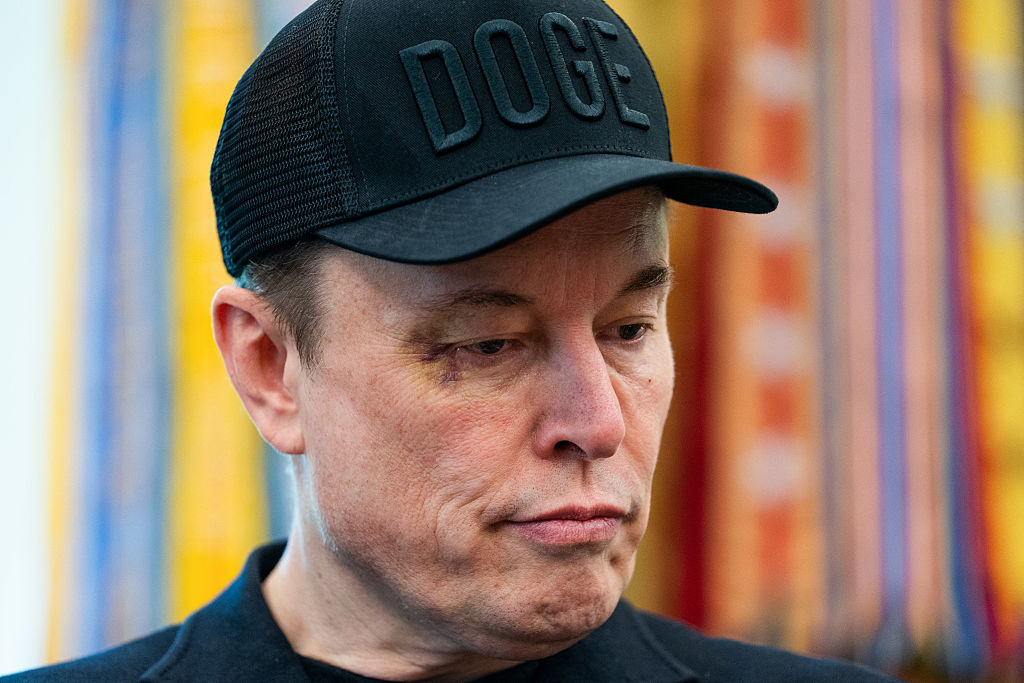While giving a talk on China I was asked an unusual question: “What is the one word you would use to describe China?” By China we mean of course the Chinese Communist Party (CCP) and, more specifically, Xi Jinping. My reply was: “Solipsistic.”
Xi wants China to lead the world, but to take very limited responsibility for solving the world’s problems
Steve Tsang and Olivia Cheung, from the School of Oriental and African Studies, have produced a study in solipsism, and a mighty fine one. Xi and the CCP are solipsistic in the vulgar rather than true philosophical sense. They are supremely self-centered in their belief that the external world should exist or conduct itself only in so far as it reflects the CCP’s reality.
Understanding Xi’s political thought is vital. Barring premature death or economic catastrophe, he will be shaping China and thereby influencing the world for the coming decades. Tsang and Cheung have done the hard work for us by “munching rhinoceros sausage,” as the sinologist Simon Leys described reading CCP documents. They have read the corpus of Xi’s books and speeches and “swallowed bucketfuls of sawdust” (Leys again). From that they have abstracted, laid out and explained with great clarity the man’s aims and methods. His thought is illuminated in seven chapters, looking at the past decade and focussing on politics, ideological guidance, governance, social control, economic management and foreign policy. The final chapter spells out the future implications for China and the world.
This book is the most surefooted guide you will find to the mind-numbing and at times faintly comical language in which the CCP clothes its ideology and actions. Phrases such as “community with a shared future for mankind,” “the two establishments and two safeguards,” the “China dream of national rejuvenation” sound fairly meaningless, but they are not. Tsang and Cheung slash through the jungle of jargon and the picture they paint is not reassuring. Xi aims to make China great again. Inside the country, that means a contradictory mix of a Leninism which still consults the people (but may not factor in their views where they do not suit the CCP) with a strongman leader who has dispensed with the old form of collective leadership. It is control by the party, in turn controlled by Xi, with a totalitarian vision.
Internationally, Xi wants to restore the age-old Chinese concept of Tian Xia (everything under heaven), whereby China leads the world, its values and systems recognized and followed, but takes very limited responsibility for solving the world’s problems. Becoming the number one superpower by the mid-century is what Xi intends, but China will not become America 2.0 — not the world’s policeman so much as the world’s secret policeman.
Is this really all Xi’s thought? Apart from controlling the party and ruling the country, does he have more than twenty-four hours in his day in which to craft his ideology and compose Castroesque-length speeches and books? Or is Xi the nom d’esprit for the thinkers he employs to give him ideological credentials intended eventually to be greater than Mao’s? Tsang and Cheung would answer that ultimately Xi is responsible, even if others flesh out his philosophy. He may not be bright but he knows how he wants to govern.
For as long as Xi is in power this book will be essential reading for anyone who wants to understand the aims of the CCP. Refreshingly, it is not written in academese; the clarity of language will appeal to the general reader as well as to those who work on China. Chapters are divided into sections with clear headings, and where lists are required they are numbered and indented. It makes for a book that is also easy to use as a work of reference. Most importantly, the authors explain both the CCP’s domestic and international behavior. Understand Xi’s national rejuvenation and you understand why “reunifying” Taiwan is the “core of China’s core interests.” Understand his need for a Chinese identity, and the crimes against humanity in Xinjiang are explained (but cannot be forgiven), and why he bashes the entrepreneurs whose companies provide the majority of new jobs, innovation and tax.
China observers complain that the CCP’s behavior is like a black box: how can we know what is going through Xi’s mind? We cannot — in all its intricacies. But by dissecting Xi’s written and spoken output, Tsang and Cheung allow us to comprehend and predict, rather than just guess.
This article was originally published in The Spectator’s UK magazine. Subscribe to the World edition here.


























Leave a Reply